Everyday Concepts
Exploring the concepts, ideas, and mental models that construct our lives.
Adjacent Possible

The set of all changes and innovations reachable from the current state of things — the first-order possibilities available at any given moment, shaped by what already exists.
Affordances

The properties of an object or environment that indicate to a user what actions are possible — a button that looks pushable, a handle that looks pullable. Well-designed affordances make the correct interaction intuitive without labels or instructions.
Bikeshedding
Bike-Shed Effect · Parkinson's Law of Triviality
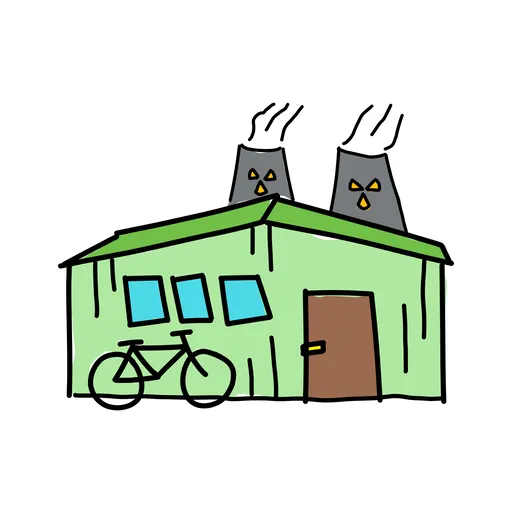
The tendency to give disproportionate weight to trivial issues of a larger or more complex project. In other words, prioritizing something easy to grasp or and/or is debatable.
Black Swan Event

A rare, unpredictable event that carries an outsized impact and is rationalized after the fact as having been foreseeable.
Butterfly Effect
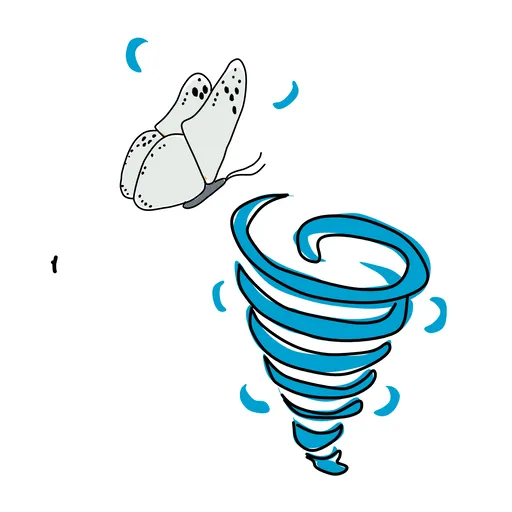
The idea that a very small action can eventually lead to a significant difference to a system — such as a butterfly flapping its wings which eventually accumulates weeks later into a hurricane.
Chilling Effect

The impact that coercion, or threat of coercion, can have in stifling specific behavior, such as general free speech, contributing unpopular opinions, or calling out injustice.
Cobra Effect
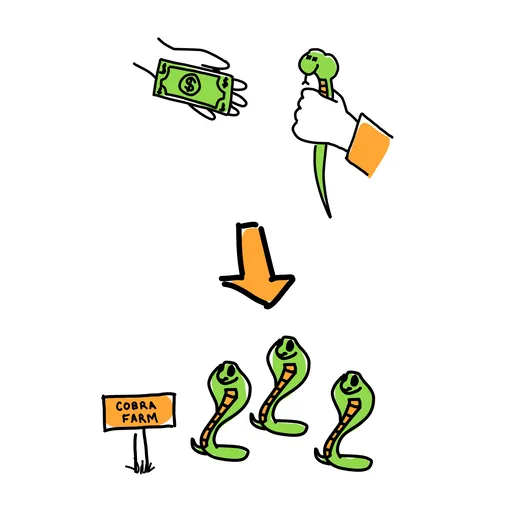
When a solution to a problem unintentionally makes it worse. Named after a colonial bounty on cobras in India that led people to breed cobras for the reward.
Conway's Law
The Mirroring Hypothesis · Isomorphism
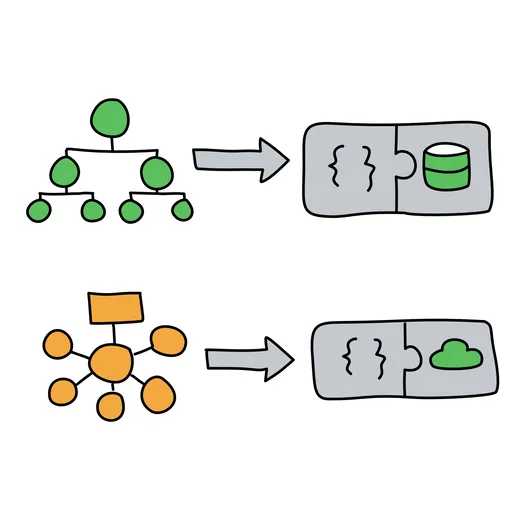
Conway's Law states that organizations design systems that mirror their own communication structures. In other words, the way teams are organized and talk to each other will inevitably shape the architecture of whatever they build.
Cost-Benefit Analysis
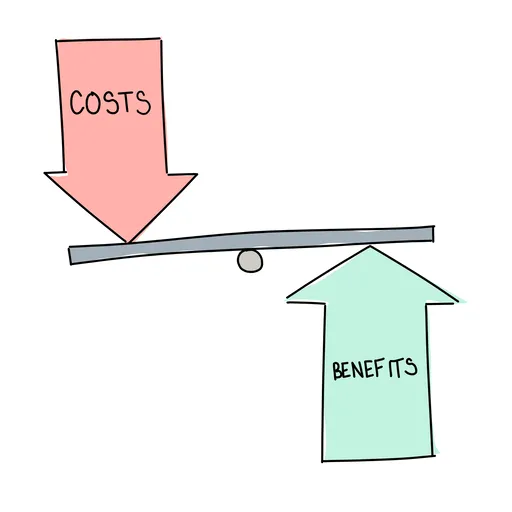
A systematic approach to comparing the total expected costs and benefits of different options in order to determine the most advantageous course of action.
Dark Pattern
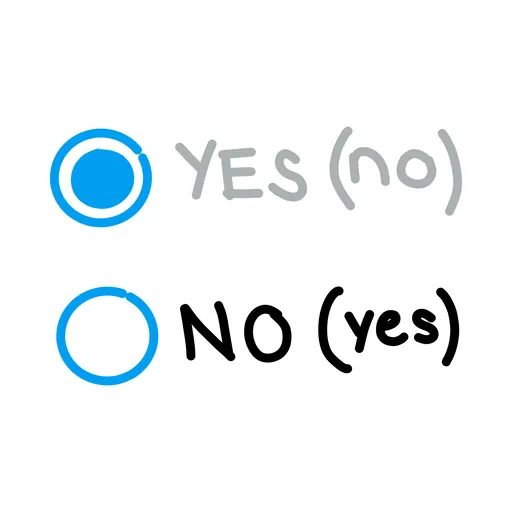
A user interface that has been intentionally designed to trick or deceive user activity, wherein they purchase goods or sign-up for an unwanted service.
Desire Line
Desire Path · Social Trail · Herd Path · Use Trail

An unofficial path created by foot traffic, usually representing the shortest or most easily navigated route between an origin and destination.
Doris Day Effect

The notion that a setback or obstacle on a given path provides an opportunity for another path that in turn becomes potentially much more fruitful.
Drake Equation
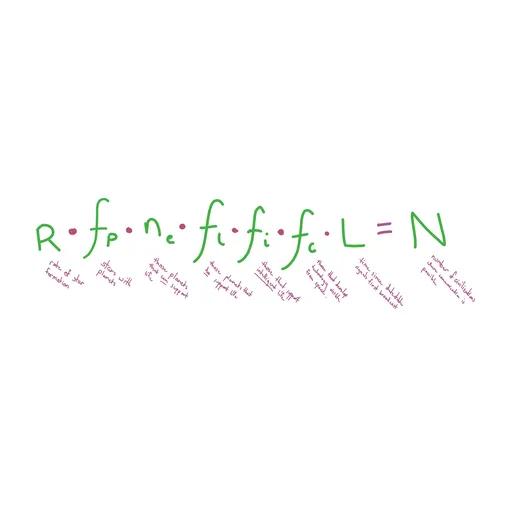
A probabilistic argument used to estimate the number of active, communicative extraterrestrial civilizations in the Milky Way galaxy.
Dunning-Kruger Effect
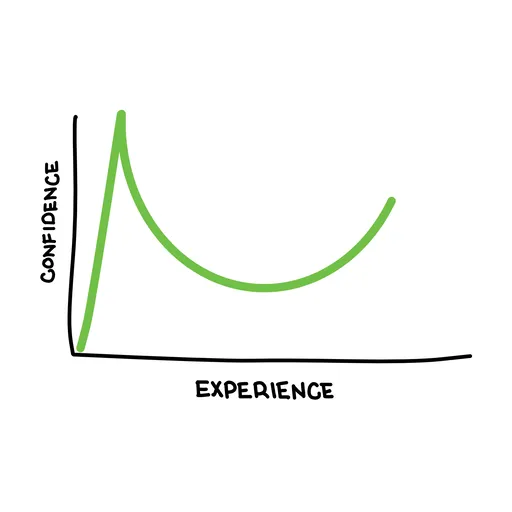
People with limited ability at a task tend to greatly overestimate their competence, while highly skilled people often underestimate theirs. The less you know, the more confident you feel about knowing it.
Externalities

The unintended side effects of an activity that affect people who weren't involved in the decision. Externalities can be positive (a neighbor's garden) or negative (factory pollution).
Fermi Problem
Back-of-the-Envelope Calculation · Ballpark · Guesstimation
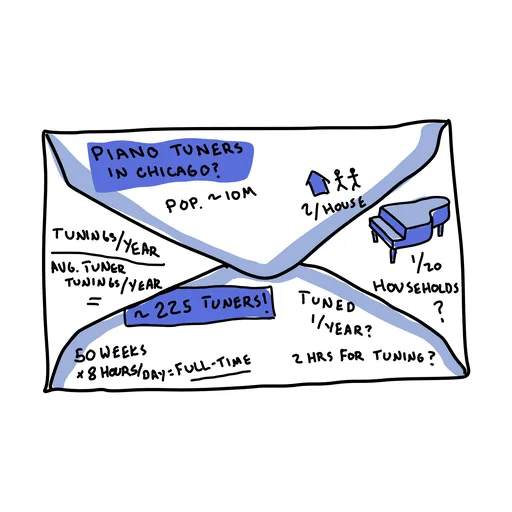
A rough calculation to arrive at a reasonable estimate — unknowns and all — where the result could be considered logically approximate.
Field of Dreams Fallacy

The mistaken belief that simply creating a product or service will automatically attract customers, without considering marketing, distribution, timing, or market demand — summarized by the misquoted mantra, "if you build it, they will come."
FOMO - Fear of Missing Out
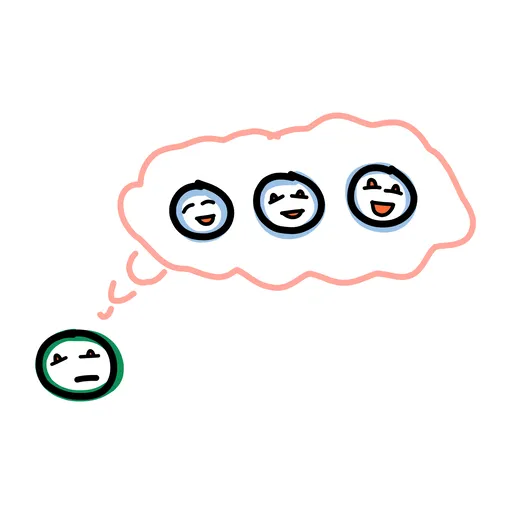
The anxious feeling that others are having rewarding experiences without you. Amplified by social media, FOMO drives impulsive decisions and chronic dissatisfaction.
Gaslight
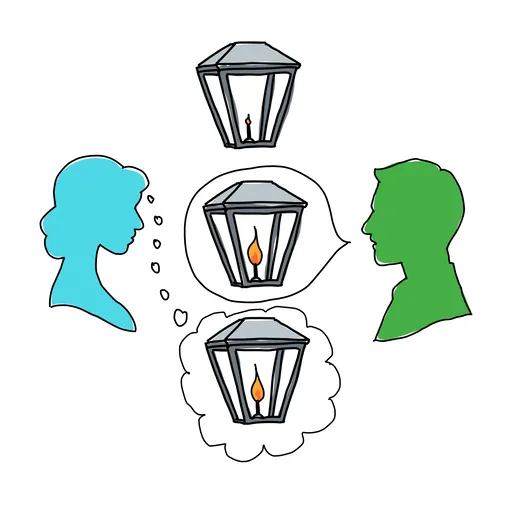
To knowingly present false information to someone, making them doubt their own observations, memory, and self-trust.
Grok
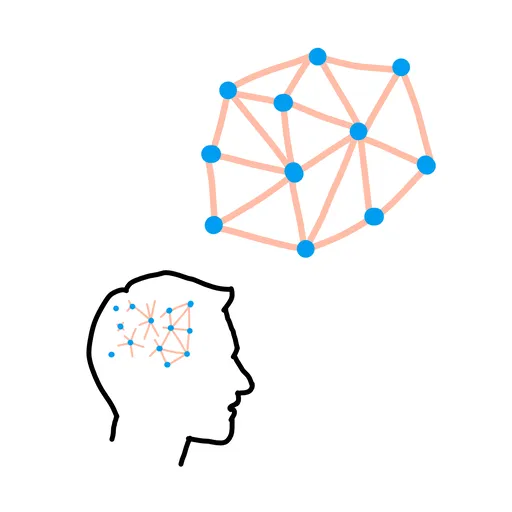
Understanding something so deeply and intuitively that it becomes part of you — to comprehend through empathy and identification rather than mere analysis.
Half-Life
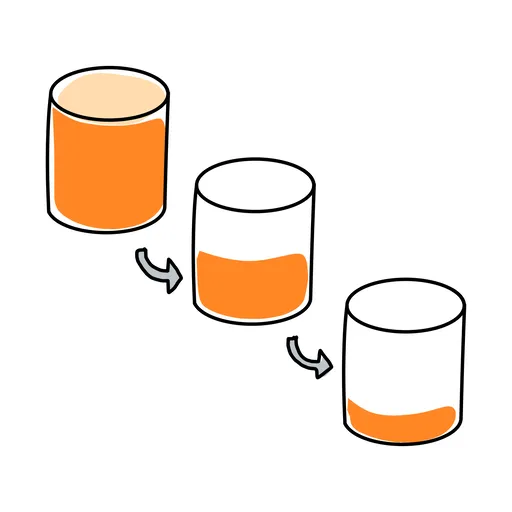
A probabilistic rate of decay where the quantity of something is reduced by half. Used most often in physics to describe the exponential decay of radioactive elements.
Hanlon's Razor
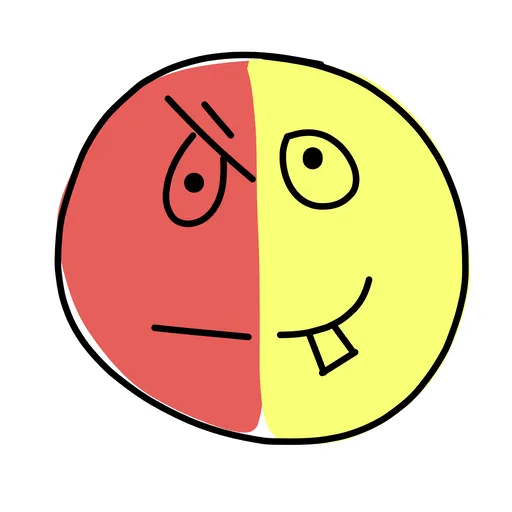
The aphorism which reminds us to never attribute to malice something that can simply be explained by incompetence.
Hero's Journey
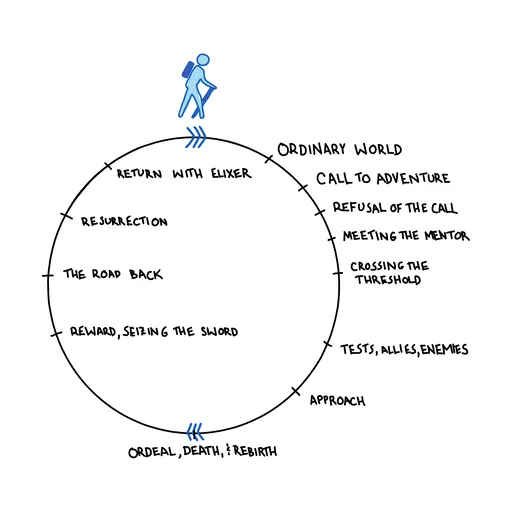
A common mythological narrative template in which a hero departs on an adventure, faces a decisive crisis, wins a victory, and returns home changed or transformed.
Hype Cycle
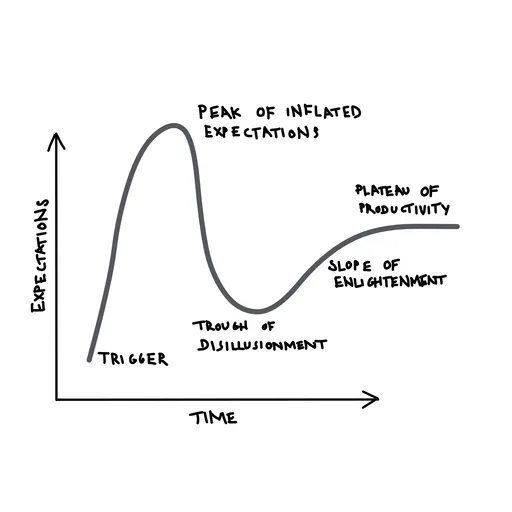
The experience of any new technology over time where its inception generates inflated hype, followed in turn by disillusionment, and finally back up to a renewed but realistic opportunity.
Ikea Effect

The exaggeratedly high value and attachment placed on products that one builds themselves, regardless of the end result quality.
Ikigai
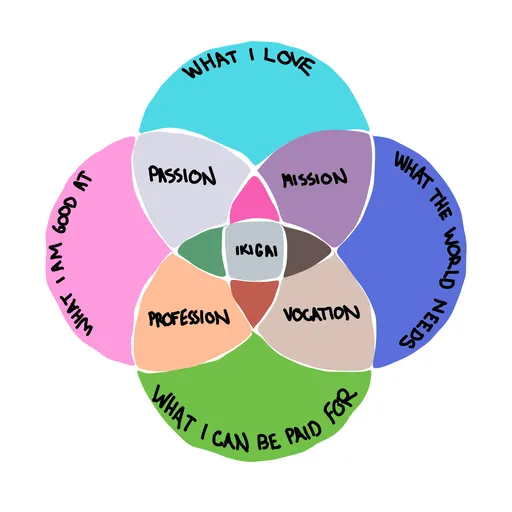
A sense of purpose and fulfillment in life — the feeling that one's daily existence has meaning, value, and direction.
Imposter Syndrome
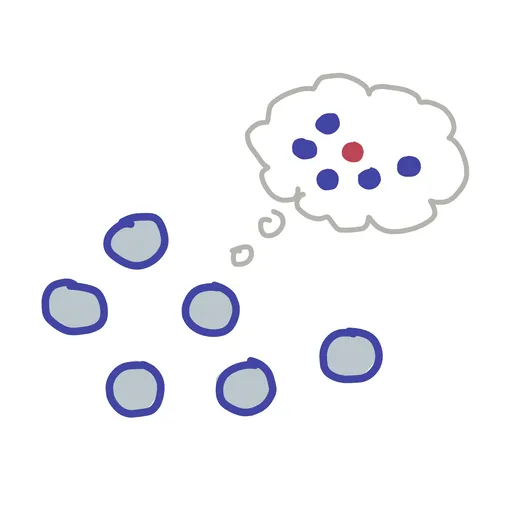
The idea (and fear) that one will be exposed as a 'fraud' in their position or for their accomplishments, even in the face of objective evidence to the contrary.
Kintsugi
Golden Repair · Kintsukuroi
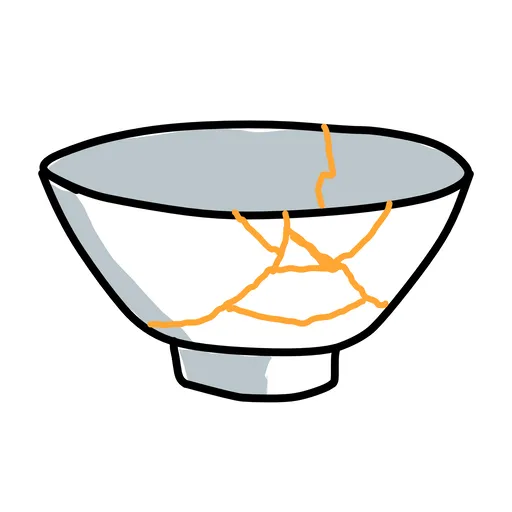
Repairing broken pottery with lacquer mixed with powdered gold or silver, treating each crack as part of the object's history rather than something to hide. The flaw becomes the feature.
Kobayashi Maru
No-Win Scenario

A training exercise in the Star Trek universe designed to test cadets in a no-win scenario. Captain Kirk 'wins' by altering the original conditions of the game — seen either as cheating or creative problem-solving.
Kulturbrille

The invisible cultural lens through which every person perceives and judges the world — an inherent bias shaped by one's own upbringing, values, and social norms that remains largely unnoticed in daily life.
Lindy Effect
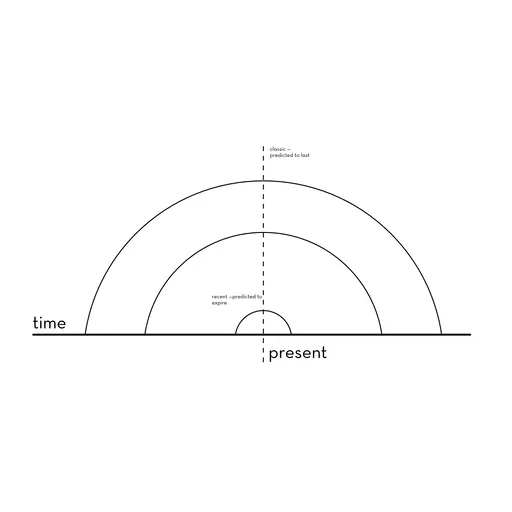
The idea that the future life expectancy of some non-perishable things like a technology or an idea is proportional to their current age, so that every additional period of survival implies a longer remaining life expectancy.
Marshmallow Test
Delayed Gratification

A purported connection between self-regulation and long-term positive outcomes, where the ability to forego immediate rewards is evidence of a discipline that serves in many other beneficial areas of life.
Maslow's Hammer
Law of the Instrument · Golden Hammer

The over-reliance on a particular tool simply because that tool is either more immediately available or because it's more familiar.
Matthew Effect
Matthew Principle

The old adage "for to him who has, will more be given..." — that those with existing status, privilege, wealth, etc. stand to benefit even more from it, compared to those without starting resources. In other words,"the rich get richer and the poor get poorer."
NIMBY - Not in My Back Yard

An attitude of opposition to development projects in one's community. While defended as Jane Jacobs-style neighborhood preservation, it can often be used to safeguard expensive real-estate, maintain "aesthetics", and perpetuate social inequality.
Ouroboros

The symbol and idea of a snake eating its own tail, often interpreted as a cycle of rebirth and renewal.
Overton Window

Range of ideas tolerated in public discourse, according to current climates that will tend to exclude extreme perspectives.
Pareto Principle
80/20 Rule · Law of the Vital Few
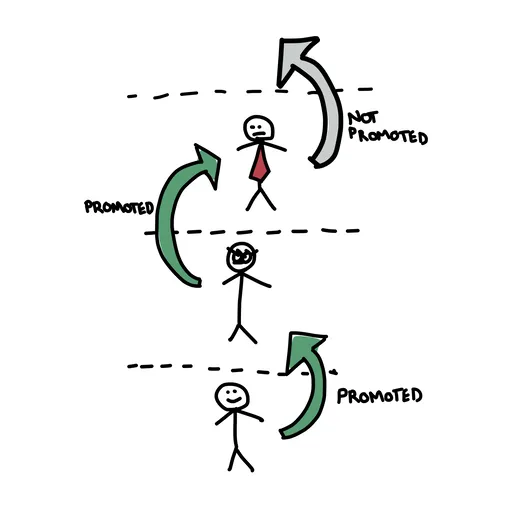
The observation that for many situations, roughly 80% of the effects come from 20% of the causes.
Peter Principle
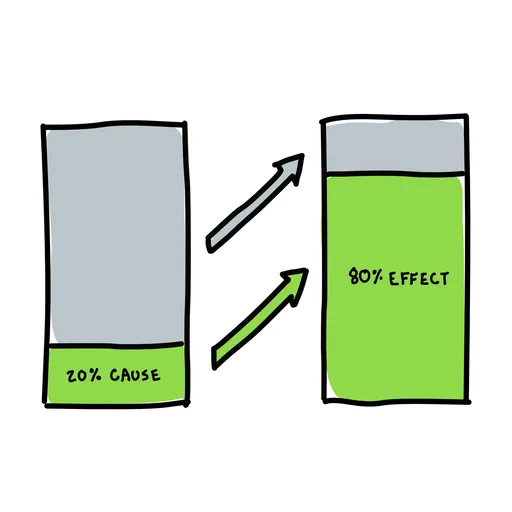
The idea that employees rise to the rank just beyond their competency, as they are evaluated on performance to their current role and not their intended one — at which point they cease to be promoted.
Predator Satiation
Predator Saturation
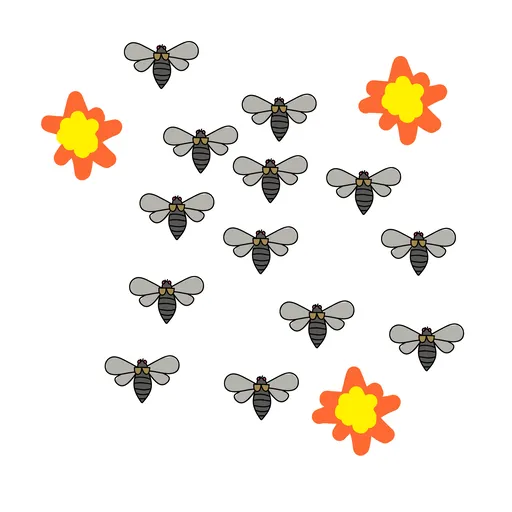
An adaptation in which prey briefly occur at high population densities which overwhelms and satisfies predators thereby reducing the probability of an individual prey being eaten. The most notable example of this are the periodic cicadas.
Reasoning from First Principles
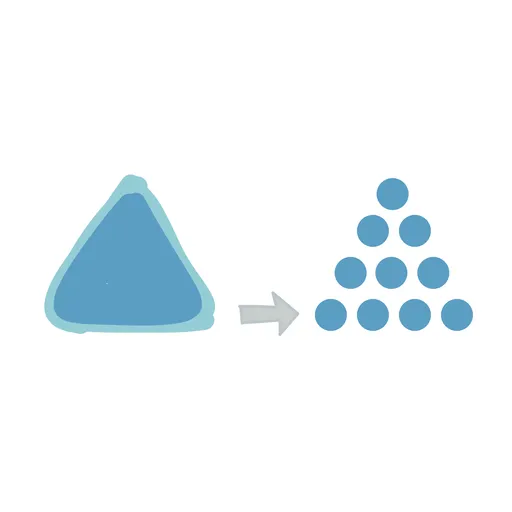
A reasoning method that breaks down complex problems to their most basic, self-evident assumptions, then builds understanding back up step by step.
Revenge Bedtime Procrastination

Phenomenon in which people who don’t have much control over their daytime life refuse to sleep early in order to regain some sense of freedom during late night hours.
Simpson's Paradox
Low Birth-Weight Paradox
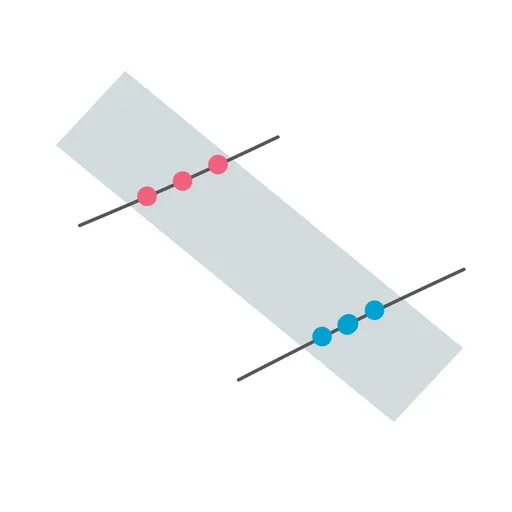
A problem in statistics where trends appear in different groups of data but disappear (or even reverse) when these groups are combined.
Streisand Effect

The phenomenon where an attempt to hide, remove, or censor a piece of content has the unintended consequence of drawing more attention to that content.
Survivorship Bias
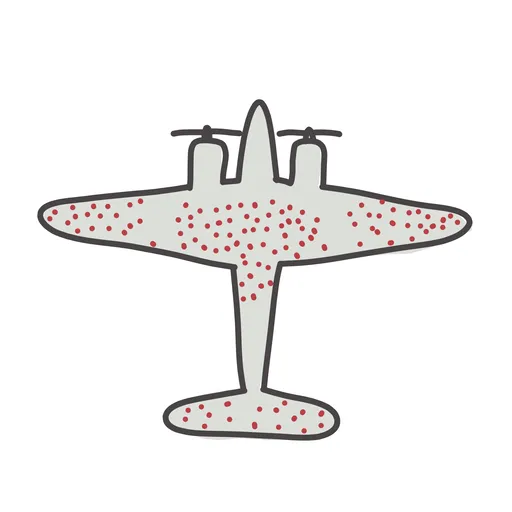
A focus on the examples that survive some process while accidentally overlooking those that did not survive — because they are no longer visible.
Tinkerbell Effect

The idea that the more you believe in something, the more it becomes a reality (and when you stop believing in something, it ceases to exist).
Tsundoku

The habit of acquiring books and letting them pile up unread. Not quite hoarding — more like optimistic collecting with good intentions.
Yak Shaving

The process of performing a series of tasks (often nested inside completing other tasks, like side quests) to accomplish a goal, each of which seems necessary in context but becomes less and less linked to the original goal.
Zugzwang
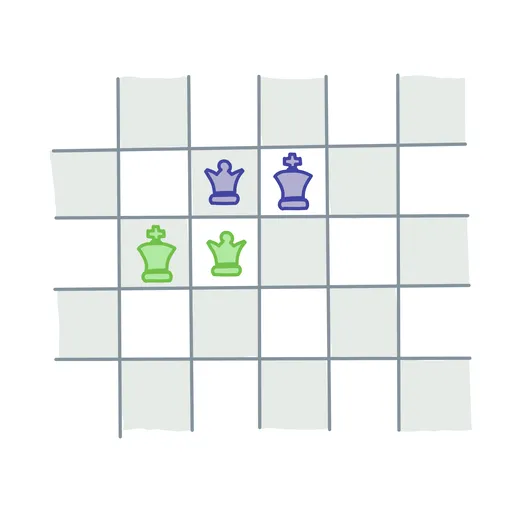
A situation found in chess and other games wherein one player is put at a disadvantage because they must make a move when they would prefer to pass and not move.